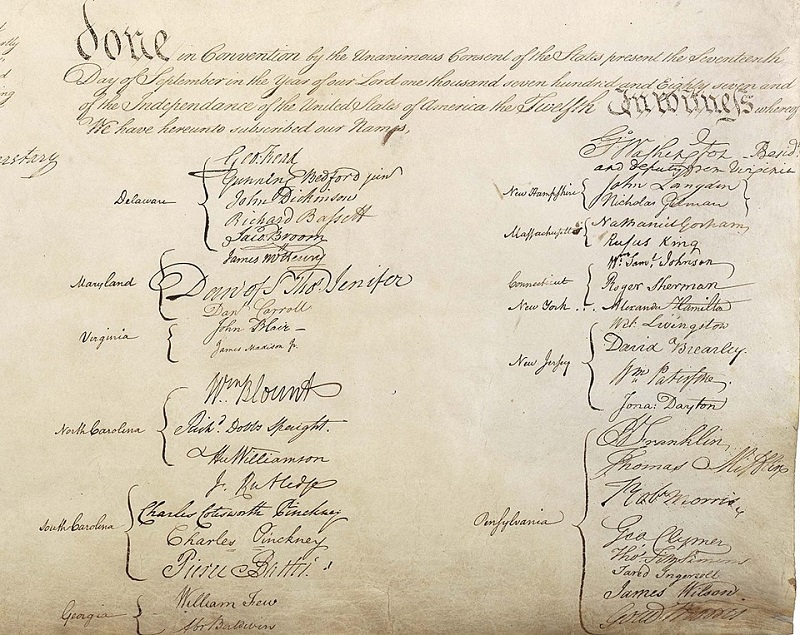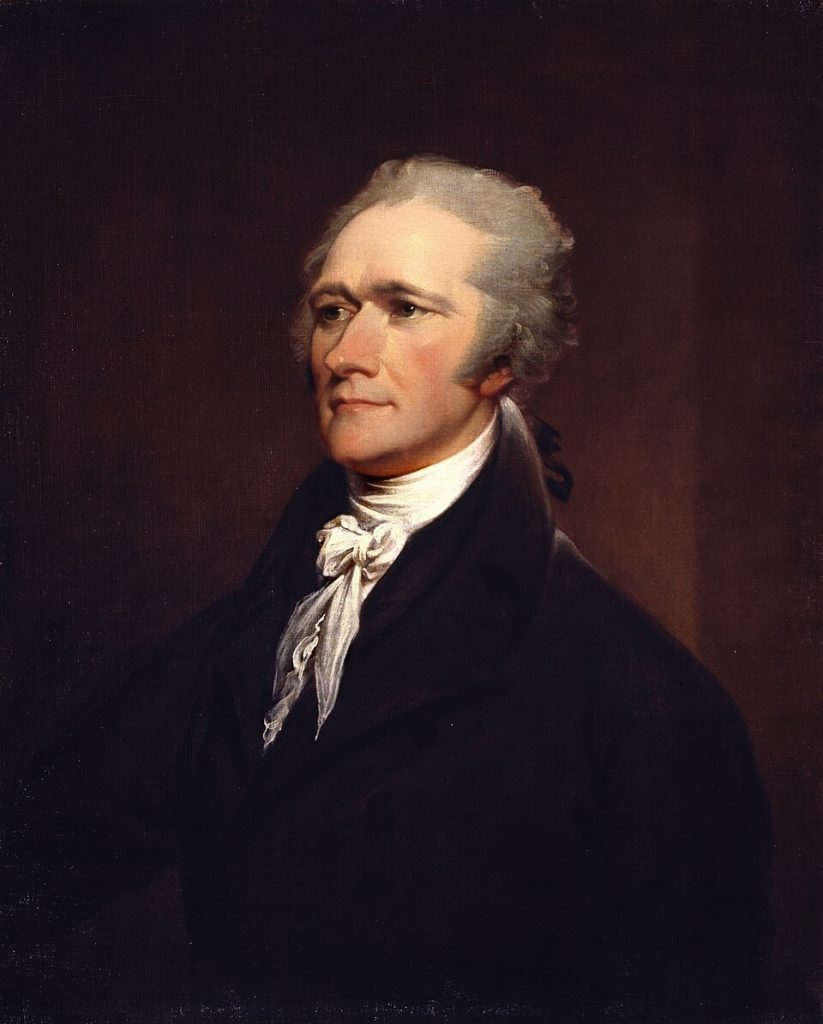
The Probability Broach, chapter 9
Win Bear keeps getting attacked by unknown assailants, and he’s narrowly escaped death twice. In the anarcho-capitalist North American Confederacy, there are no police. If you’re in danger, you have to pay for private security to protect yourself. Win’s counterpart, Ed Bear, has done just that:
Captain Forsyth, head of the security contingent, was an old friend of Ed’s, a grizzled, wiry customer in a gray herringbone lava-lava and long black cutaway coat—right in style for Confederate rent-a-cops, and not the least bit funny once you took in the wide leather gunbelt and heavy automatic strapped around his waist.
…Oh yes. He’s also a chimpanzee.
On the day he arrived in the NAC, Win remembers seeing funny-looking strangers on the street. He thought they were mutants, but actually, they were apes. Now that he’s met Captain Forsyth, he learns how this came to pass:
I remembered the discovery in my own world that simians can’t talk only because their vocal apparatus isn’t up to it. We’d only just begun teaching them sign language. It had started here a hundred years earlier, maybe because Darwin’s opinions were more graciously received, or maybe because Confederates view innovation as a blessing instead of a threat. Or maybe because they haven’t wasted so much time and effort, so many useful lives, on war and economic disaster. Anyway, science and philosophy have never been separate departments here. Any critter who can handle more than a few hundred words is human.
We saw how, in Smith’s alternate history, racism just melted away when government was abolished. Now it appears the same is true of religious fundamentalism.
We’re never told if religion still exists in this world. Are most citizens of the NAC Christian, Muslim, or something else entirely? Are there still churches, and if so, what do they look like? Smith is uninterested in that subject; he never addresses it in any meaningful way.
But whatever their beliefs, everyone in the North American Confederacy welcomes science. There’s no ideological resistance to new discoveries. Smith says evolution was “more graciously received” than in the real world, where it faced (and still faces) stubborn opposition from religious literalists who believe their book of myths is absolute truth.
(This is a contrast to Ayn Rand, who got the heebie-jeebies about evolution. She didn’t outright deny it, but she refused to say if she thought it was true. She was an atheist, but she found it icky that humans might be related to other animals.)
I can’t deny it’s an attractive idea, but again, the causality cries out for an explanation. In the absence of government, it seems likely that religion would get stronger, since churches would claim to offer a source of stability in a world otherwise lacking it. That’s what happened in Europe during the Dark Ages.
With no public schools, religious schools would be some of the main providers of education, and they’d be free to teach children anything without oversight or standards. And while some denominations don’t deny science, many do. Why wouldn’t biblical literalism, young-earth creationism, and every other kind of pseudoscience and superstition run amok in this world?
As soon as they understood the setup, chimps, gorillas, a couple of other species waded right in and began exercising their rights.
…Lacking vocal speech, simians wear a device which translates tiny muscular movements—subliminal sign-talk—into sound. As with individual handwriting and telegraphy, each “voice” has its own personality: natural variations in bone-structure, muscular development, perhaps even character.
…Gallatin and Spooner believed it: any creature who can think is, Q.E.D., “people.” It’s calmly anticipated here that someday there’ll be computers with rights—and they’ll be welcome too.
There’s something missing from this chapter. The more sci-fi you’ve read, the more likely you are to overlook it—because it’s such a familiar and expected element, it’s easy to assume its presence and not notice that it’s never mentioned.
In many sci-fi works, advanced civilizations use genetic engineering to uplift other species to intelligence. If you read this part quickly, you might think that’s what Smith is saying, too.
But no. There’s no genetic engineering. What he’s saying is that chimps, gorillas and other apes were always intelligent, and the only reason we didn’t notice is because they lacked the capacity for spoken language.
The only thing they were waiting for was a political system to their liking. When they saw Smith’s version of anarchy and approved of it (were chimps reading the newspaper?), they came forward.
Once technology gave them the ability to speak, it immediately became obvious that they were equal in every other respect to human beings: written language, tool making and tool use, economic understanding, political participation, and scientific reasoning. As commenter andrewnotwerdna jokingly summed up Smith’s view: “Did you know that gorillas would be able to speak if it weren’t for taxes?”
(This does, ironically, echo the Indonesian mythology which claims that orangutans can speak but choose not to, fearing that humans would enslave them and put them to work if they knew.)
It’s true that great apes, our closest relatives on the tree of life, share some of our intellectual talents. They can learn language, to an extent, and use tools, to an extent. They can pass the mirror self-recognition test. They’re capable of feats of multi-step reasoning, like figuring out that they need to stack boxes on top of each other to reach a reward.
However, I mean no disrespect to our ape cousins when I say that they’re not intelligent in the same sense or to the same degree as humans.
Chimps use sticks to fish for tasty termites and rocks as hammers to crack nuts. But you’ll never see a chimpanzee constructing a fire drill or a rudimentary lathe – or even knapping stones into spearheads.
Similarly, apes can be taught some sign language (some have learned several hundred signs). However, they’ll never compose a sonnet or write an autobiography. They don’t have the capacity for complex syntax that human children learn intuitively.
Once again, I think Smith was trying to make a generous gesture toward inclusivity, but he went about it in one of the weirdest ways possible. Also, by asserting that these species were intelligent all along and didn’t need any help from us, it allows him to sidestep a different problem: Are there animal rights in the North American Confederacy?
If a creature can’t speak or advocate for itself, does it have any legal protections? Against cruel treatment, or abuse, or being hunted to extinction? Can NAC citizens bring back bear-baiting or dogfighting, or perform cruel medical experiments on them without oversight, or raise animals in cramped and filthy cages for food or furs?
Given that this is an anarchy where the only rights you have are what you can defend for yourself, the answer would seemingly have to be no. No hands means no firearms, which means no rights. That leads to some very ugly scenarios which, no surprise, go unmentioned in this book.
Image credit: Clément Bardot, via Wikimedia Commons; released under CC BY-SA 4.0 license
New reviews of The Probability Broach will go up every Friday on my Patreon page. Sign up to see new posts early and other bonus stuff!
Other posts in this series:





